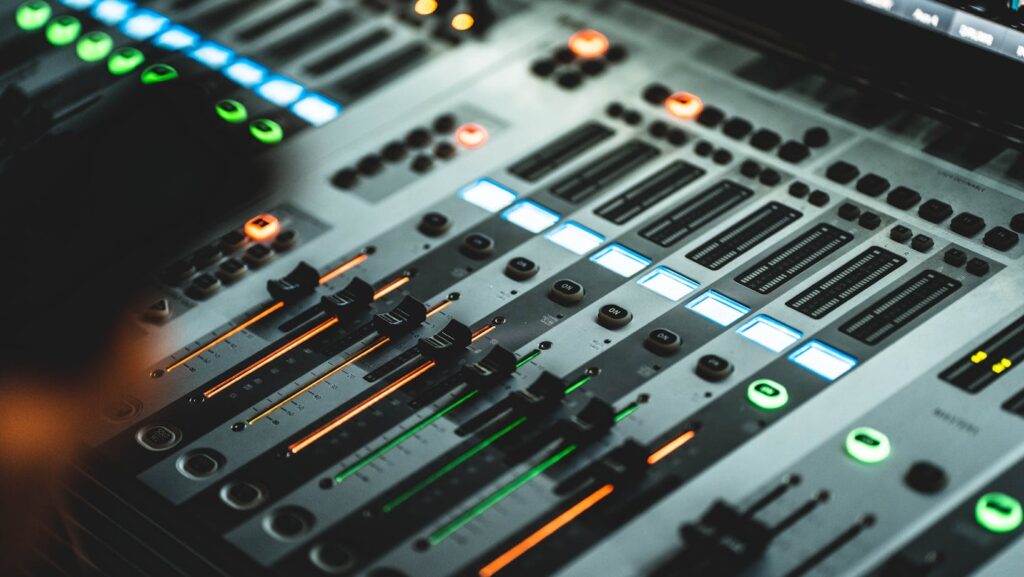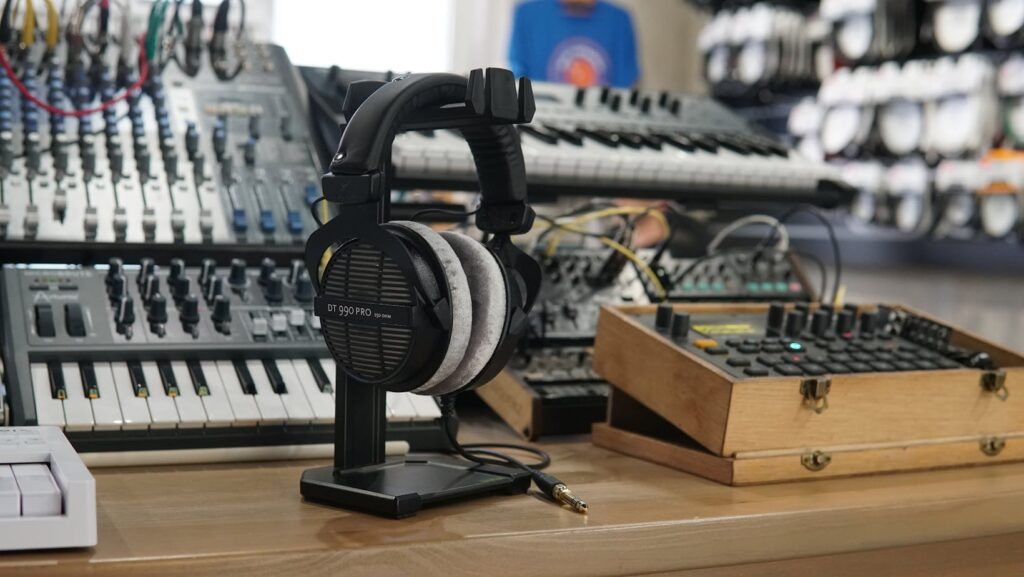In the ever-evolving world of music, technology plays a pivotal role. It’s no surprise that many aspiring musicians and producers are turning to a music technology degree to refine their skills and stay ahead of the curve. This degree isn’t just about learning to play an instrument or understanding musical theory; it’s a deep dive into the technological aspects that shape today’s music industry.
Music Technology Degree

The curriculum journey of a music technology degree combines a deep study of musical concepts with a nuanced understanding of modern technical tools. Applying state-of-the-art technology to a musical context, the course requirements and electives then create a unique blend of knowledge and skills.
Core courses in a music technology degree offer structured learning on both theoretical and practical aspects of using technology in music. Key courses include subjects like audio production, sound engineering, digital music composition, and music theory.
Career Opportunities with a Music Music Technology Degree
On the Stage: Live Sound and Performance Technology
Venturing onto the stage, a music technology degree holder may find themselves captivated by live sound and performance technology roles. As a Live Sound Engineer, a technician aids in reinforcing the audio at live events, ensuring that the sound is flawless for audiences. The job of a Stage Technician further tests this aptitude, requiring specialized knowledge on sound reinforcement systems, along with the capability to trouble shoot any impending problems. Moreover, showcases organized in music festivals, theatre productions, and concert venues, demand constant need for individuals well equipped in Light and Visual Design. The knowledge in Digital Music Composition and Music Theory become imperative for a Music Programmer, arranging music for live performances and experimenting with music software.
In the Studio: Production and Engineering

A graduate of music technology has the potential to thrive in production and engineering roles within a studio setting. As a Music Producer, one has the responsibility to guide musicians through the recording process, continually focusing on creating a sound that aligns with the artist’s vision. As Audio Engineers, individuals forge ahead, ensuring that the technical aspects of the recording, from microphone placement, mixing to mastering are meticulously handled. Additionally, roles such as Sound Designer and Foley Artist are ones that utilize the skills from specialized electives like video game audio design or film scoring. These positions are often found in the realms of film, television, and gaming industries, opening doors to captivating and creative work spaces.
Comparing Music Technology Programs
Accreditation and University Reputation
Opting for an accredited program from a reputable university ensures the program’s quality meets educational standards. Accrediting bodies undertake rigorous checks, verifying a school’s educational integrity and robustness of curriculum. A university’s reputation, often tied to the quality of its faculty and alumni accomplishments, can provide a valuable network and prestige.
For instance, Berklee College of Music, known for its exceptional music technology program, is accredited by the New England Commission of Higher Education, one of the seven regional accrediting bodies in the United States.
Facilities and Equipment Provided

A second key factor is the quality and availability of facilities and equipment. Music tech programs heavily rely on practical applications. Modern laboratories, recording studios, and specialized software offering hands-on experience form an integral part of learning.
The University of Michigan’s School of Music, Theatre, and Dance, for instance, boasts state-of-the-art facilities. It incorporates a high-tech digital media center, multiple recording studios, and a comprehensive collection of hardware and software platforms, thus delivering a high-standard practical learning environment.
Blending Passion with Innovation
Choosing to pursue a music technology degree is a decision that blends passion for music with the thrill of technological innovation. It’s a path that offers a diverse skillset, opening doors to a variety of careers in the tech-savvy music industry. The value of such a degree is significantly influenced by the quality of the program, so it’s essential to consider factors like accreditation and the reputation of the university.



